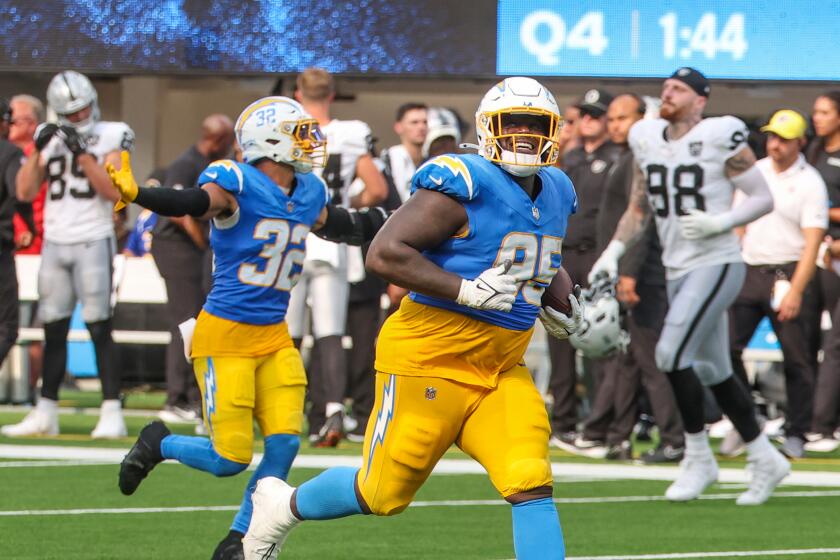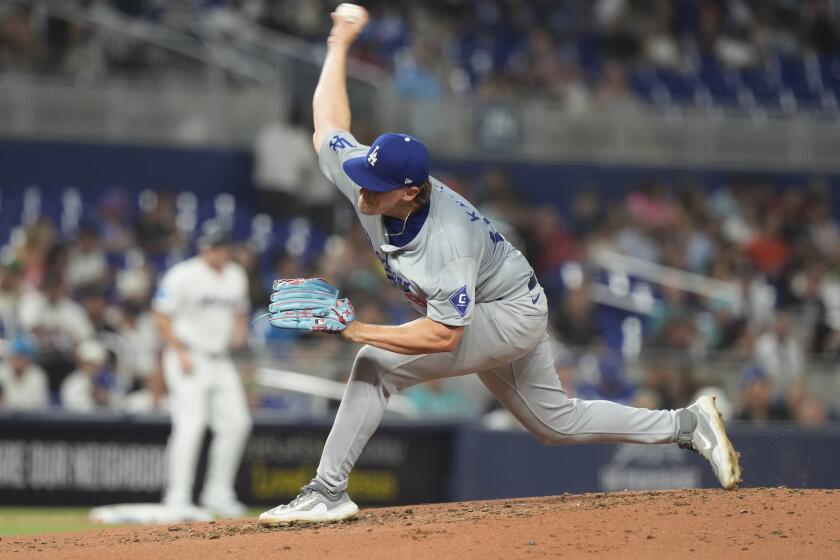Here’s the big hurdle in the San Jose lawsuit to get the A’s

In 2009 the Phoenix Coyotes were bound for Canada. The owner of the Coyotes had agreed to sell the team for $212.5 million, but the NHL intervened and said no team could move without league approval.
In court papers, Major League Baseball supported the NHL. The U.S. Bankruptcy Court agreed, ruling that the right of a team owner to sell to the highest bidder did not trump the right of the league to determine where its teams would play.
That is at the heart of the lawsuit the city of San Jose filed against MLB on Tuesday. After four years of waiting on MLB to decide whether the Oakland Athletics could move, San Jose decided to try force the issue.
The issue is not whether a jury would bypass Bud Selig and permit the A’s to move to San Jose. The issue is whether the case gets thrown out right away.
MLB has the precedent of the Coyotes case on its side, and a federal antitrust exemption that the NHL did not have. The courts generally have held that matters of league governance -- for instance, control over franchise relocation -- are covered by that exemption.
So it is likely that MLB will ask that the San Jose lawsuit be thrown out. If a judge agrees that this is a matter for the league and not for the courts, then San Jose has gained nothing and has aggravated MLB.
But, if a judge decides there is enough evidence for San Jose to at least make its case to a jury, then the power shifts to the city.
That is when a judge could allow San Jose to obtain notes and records from the task force Selig appointed four years ago -- when the commissioner told the A’s to let him figure out how to get a ballpark deal done -- and to compel Selig, his lieutenants, and the owners and executives of the San Francisco Giants to testify.
When Frank McCourt agreed to sell the Dodgers, MLB essentially let him control the sale process. McCourt turned a $1.3 billion profit on the sale, plus investment commitments for as much as $650 million, and millions more in annual payments.
The deal kept Selig off the witness stand. It is not difficult to imagine a similar deal here, with Selig abstaining from testimony and San Jose getting the A’s, or at least getting firm criteria that would pave the way for the A’s to move to town.
The Giants, of course, would cry foul. They control San Jose under baseball’s territorial rights, and the league ultimately would argue that the antitrust exemption covers territorial rights. But MLB rules also forbid an owner from suing the league or taking his team into bankruptcy. McCourt did both, and he won big-time.
It’s a longshot for San Jose, but it’s worth a shot.
The Coyotes, by the way, ultimately fetched a $242.5-million bid. However, after the court ruled the NHL had the final say on franchise movement, the owner sold the team to the league for $140 million.
Four years later, the NHL still owns the team. The experience has been nothing short of a disaster for the NHL, but the league kept the Coyotes out of Canada, and the precedent could help keep the A’s out of San Jose.
ALSO:
UCLA basketball: Bruins’ schedule looks like a winner
Venus Williams, 5-time Wimbledon champ, is out with an injury
Lolo Jones complains about bobsledding paycheck on Vine video
More to Read
Go beyond the scoreboard
Get the latest on L.A.'s teams in the daily Sports Report newsletter.
You may occasionally receive promotional content from the Los Angeles Times.











